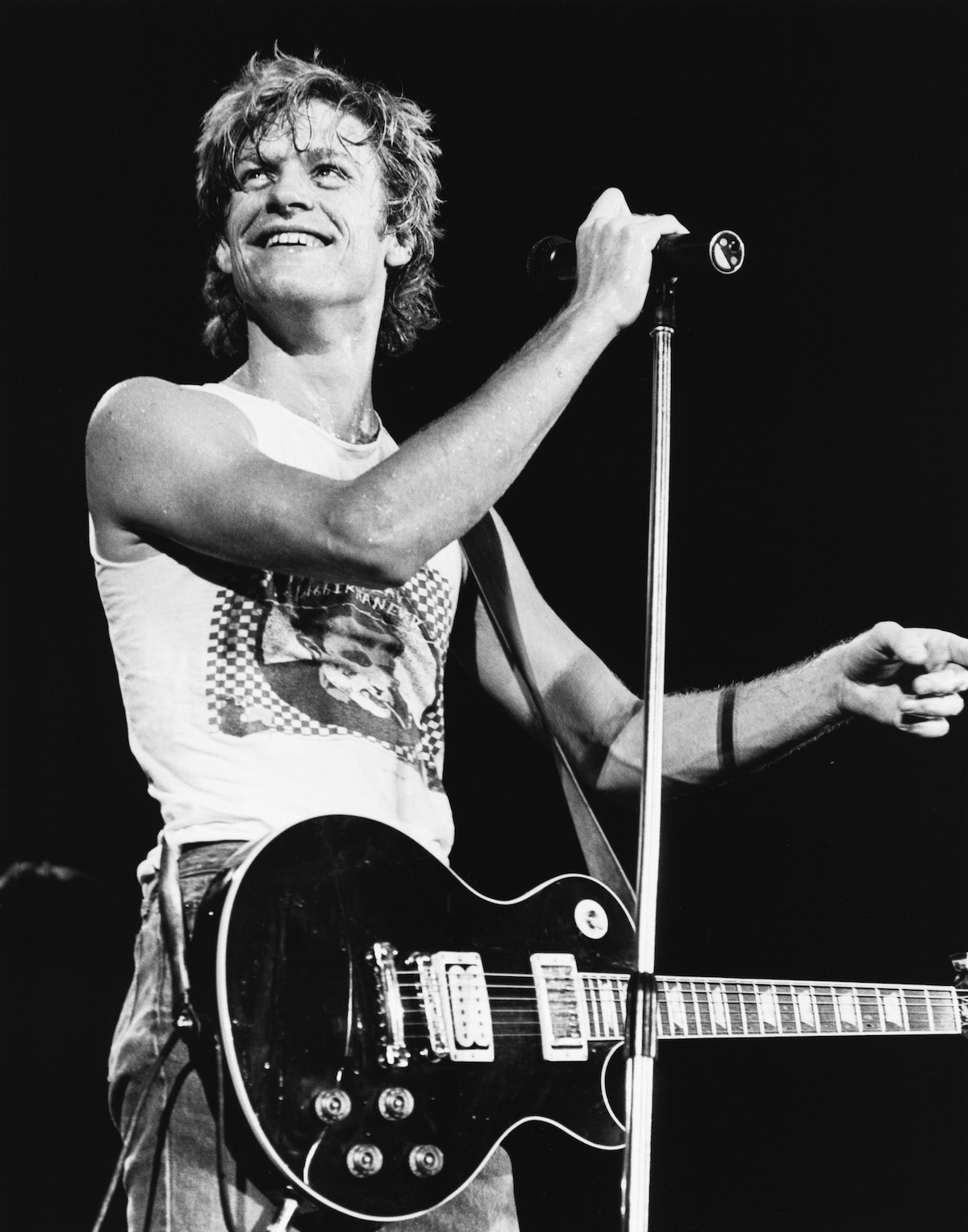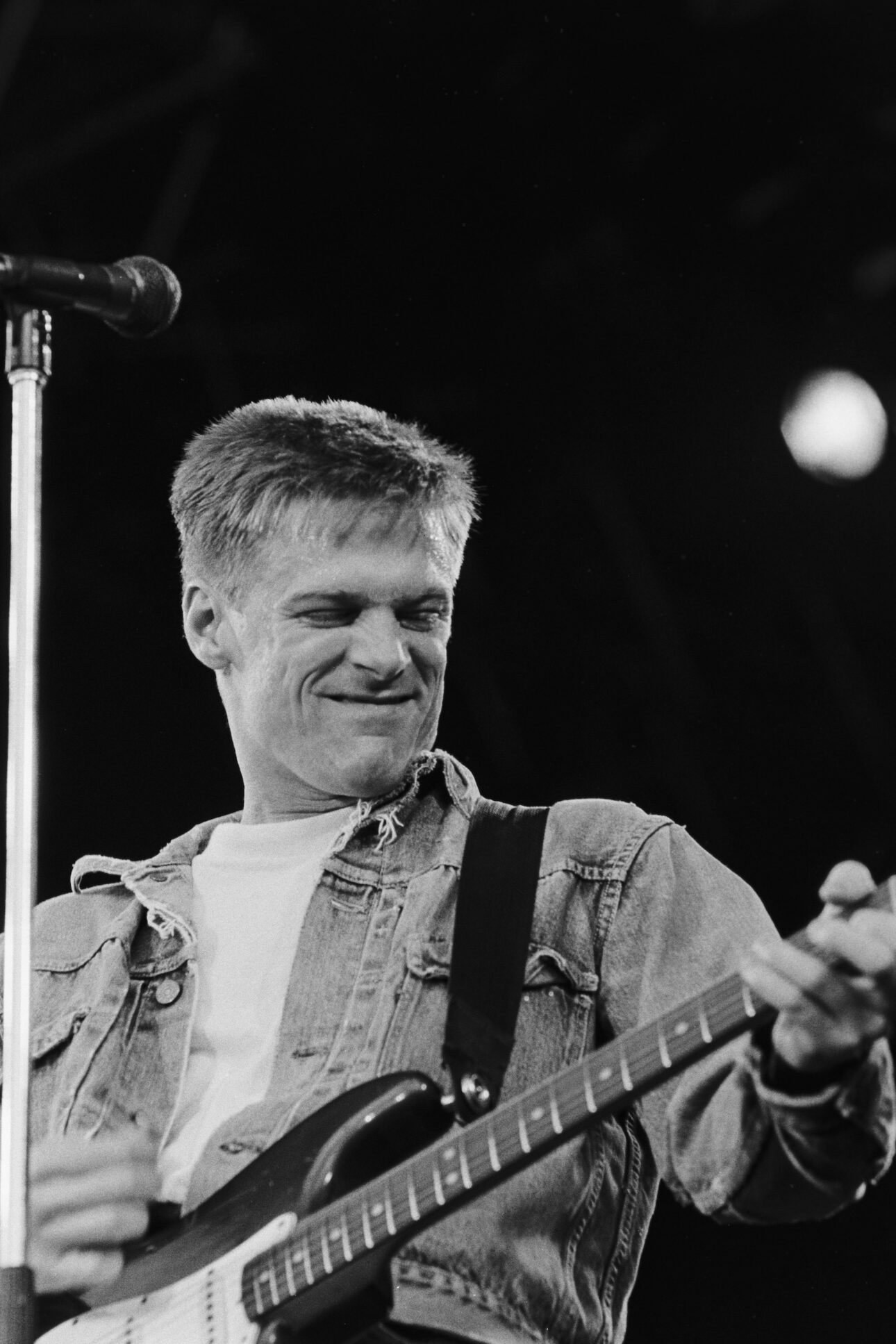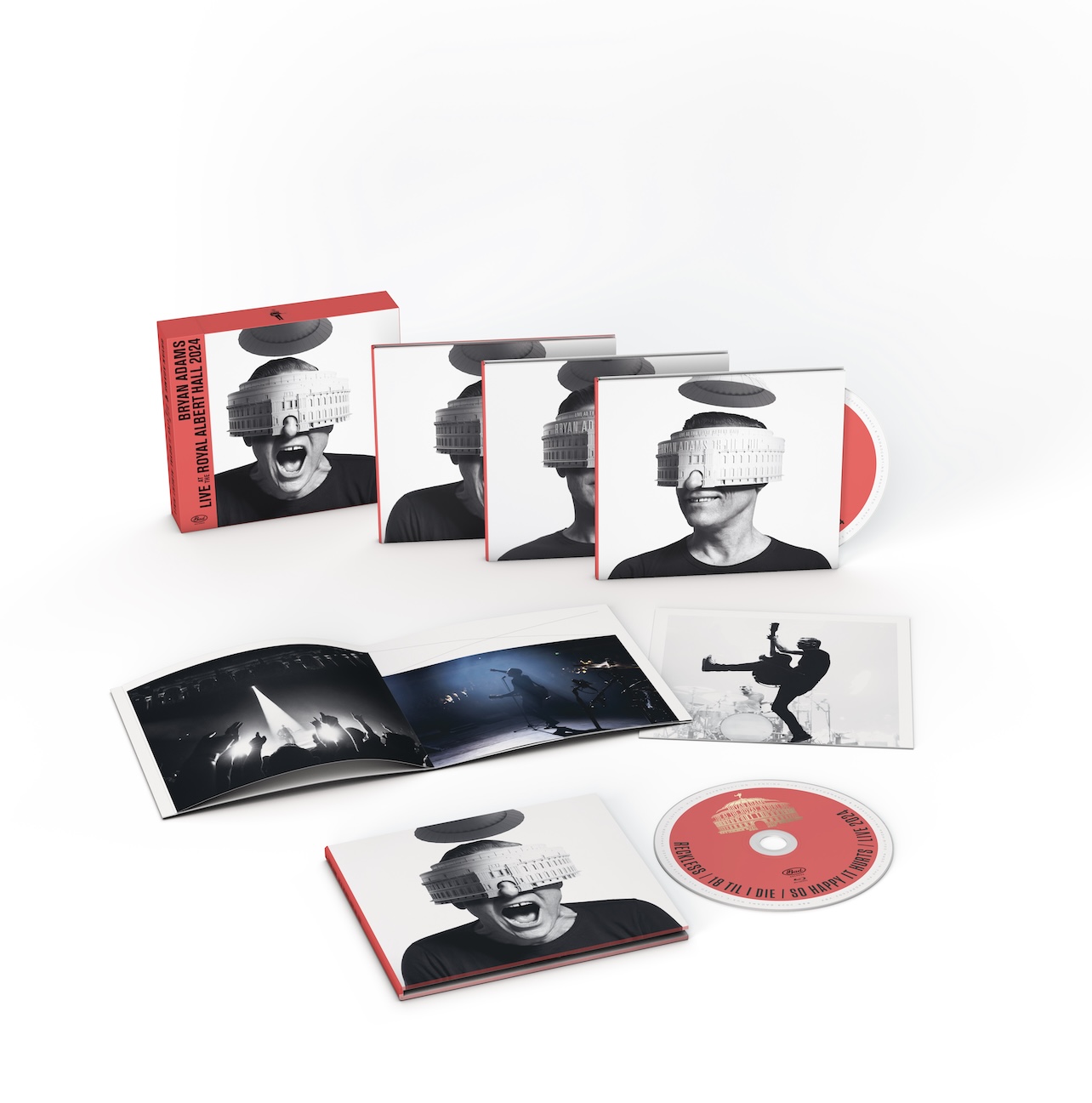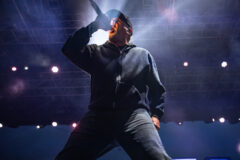Last year, during my weekly night of trivia at a local bar, one of my teammates asked, “What’s the last song you streamed on your phone?” As each member of my team pulled out their devices and confidently announced some cool under-the-radar band or singer-songwriter, I opened my Apple Music app and to my horror, discovered Bryan Adams’ “Everything I Do, I Do it For You” displayed. My buddy next to me saw it. “Bryan Adams?” he said, with a hint of confusion and possibly disdain.
I was outed. And now, I’m coming clean publicly.
I’m a diehard Bryan Adams fan.


For years, I’ve downplayed my love for his music. I was nine when Adams dominated the airwaves and MTV with his fourth and second best-selling studio album Reckless (behind 1991’s Waking Up the Neighbours) in 1984. While I didn’t own the album at that time, I was never one to switch stations when any of his six singles from the album—”Run to You”, “Somebody”, “Heaven”, “Summer of ’69”, “One Night Love Affair”, and “It’s Only Love”—came on the radio, or the accompanying videos played on MTV. Why would I? All of them charted within the Top 20 on the US Billboard Hot 100 that year. Reckless catapulted Adams into stardom, and he became known for his simple rock and roll anthems and power ballads.
As the ‘80s faded into the ‘90s, so too did Adams’ time in mainstream popular music.
Then in 1991, he reemerged, releasing “(Everything I Do) I Do It for You,” for Kevin Costner’s Robin Hood movie, one of the best-selling singles of all time. I wanted to hate that song because it was so soppy. But like so many other people, I couldn’t resist its cheesy charm. Soon after, Adams became known as the “movie-soundtrack-soft-rock-ballad-guy,” releasing songs like “All for Love” for Disney’s Three Musketeers film in 1993 and “Have You Ever Really Loved a Woman?” for the 1995 movie Don Juan Demarco. From then on, Adams’ reputation went from rock and roller to adult-contemporary radio mainstay.


I was in high school during Adams’ triumphant return to mainstream popularity. While I was not, by far, the coolest kid in school, I took pride in my cassette tape collection, which consisted of ‘60s and ‘70s classic rock, college rock, and alternative, as well as under-the-radar bands from overseas (I take pride in being one of only two people I knew of who listened to Glen Hansard’s Irish-rock band the Frames in the early ‘90s). I used my—ahem—sophisticated music taste and vast knowledge of rock history (I read a lot of music biography books) as a tool to become appreciated, and even accepted among my cooler high school peers. And I wouldn’t allow myself to admit how much I liked I liked Bryan Adams’ cheesy movie love songs.
It would be years before I would listen to Adams again. But now, in my late 40s, I’ve had him on heavy streaming rotation. A lot of it is the nostalgia I feel when I listen to his music. But also, his music is just good; simple rock and roll at its best. Along with his songwriting partner, Jim Vallance, Adams has created some of the most memorable songs in rock history. I mean, how can you listen to “Summer of 69” and not sing along?
Adams’ Live At The Royal Albert Hall 2024 box set releases today, featuring complete performances of three of his iconic albums: Reckless (which turned 40 this year), 18 ‘Til I Die, and So Happy It Hurts. The collection captures Adams’ three sold-out concerts at the historic London venue in May of this year.


The box set includes 36 songs across three CDs or four LPs, complemented by a Blu-Ray disc containing all three concert films and a 32-page photo book filled with exclusive images from the performances. Each film is directed by Grammy Award-winning filmmaker Dick Carruthers, known for his work in concert cinematography.
Listening to these three shows and watching the accompanying concert films, especially during the Reckless performance, reminded me of how much Adams can still, at 65, command a stage. His longtime guitarist Keith Scott gets a chance to show off his seriously underrated guitar skills on “It’s Only Love” and “Kids Wanna Rock,” among other songs.
Live albums thrive when you can tell that the band is having a great time onstage, and it’s absolutely evident here. Adams, Scott, and the rest of the band still love playing live and have a remarkable chemistry, one that Adams sums up perfectly after playing “She’s Only Happy When She’s Dancin’,” referring to Scott as “my secret weapon.”
So now that it’s out in the open, I’d like to publicly apologize to Bryan Adams. I’m sorry, sir, for my years of publicly shunning you. It wasn’t you, it was me.
You can purchase the ‘Live At The Royal Albert Hall 2024’ here.

